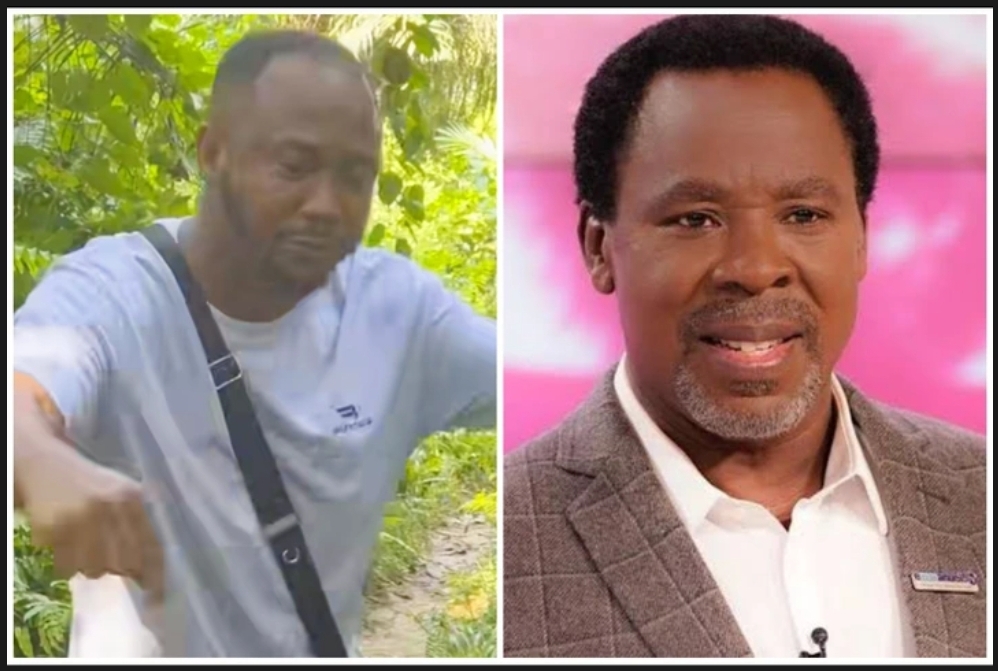
Title: The Controversial Legacy of TB Joshua: Healing or Deception?
In the aftermath of recent allegations surrounding the late TB Joshua and his renowned ministry, a poignant video has surfaced on social media, shedding light on a young man’s experience when seeking healing for his ailing mother. The individual, identified as an influencer, took to platforms like Linda Ikeji Blog to share a heartfelt account of his family’s journey to TB Joshua’s church in search of a miraculous cure.
According to the influencer, his mother spent three weeks within the confines of TB Joshua’s church premises, fervently hoping for a miraculous recovery through the acclaimed anointing water. Despite their unwavering faith and continuous purchase of the said anointing water, the situation reportedly worsened. Eventually, the family sought medical attention, only to discover that the mother had a severe kidney problem. The influencer’s narrative raises questions about the efficacy of the healing practices within the ministry.
The storyteller went on to share a second account, that of his friend Simon, who traveled from Warri to TB Joshua’s church due to a debilitating health condition. Simon, suffering from a swollen stomach, consumed the anointing water provided by the ministry and reportedly experienced an unusual reaction—urinating a substance inside the church. However, upon returning to Warri, Simon’s condition allegedly deteriorated, with his stomach doubling in size.
These troubling anecdotes give rise to a broader discussion about the ethical implications and effectiveness of faith-based healing practices. The controversy surrounding TB Joshua’s ministry has been a topic of debate for years, with supporters praising the spiritual leader for purported miracles and skeptics questioning the authenticity of these claims.
In the realm of sports, where stories of triumph and perseverance often take center stage, this controversy intersects with the broader theme of human resilience. Faith and spirituality have been known to play a significant role in athletes’ lives, influencing their mental strength and performance. However, when faith encounters situations that involve life-altering decisions such as seeking medical help, a delicate balance must be struck.
As the legacy of TB Joshua continues to be scrutinized, this poignant narrative serves as a reminder of the complexities surrounding faith, healing, and the blurred lines between spiritual beliefs and medical realities. In the arena of sports, where athletes often turn to various sources of strength, it prompts reflection on the fine line between faith-driven inspiration and the potential risks associated with relying solely on miracles for healing.